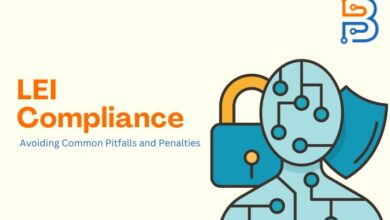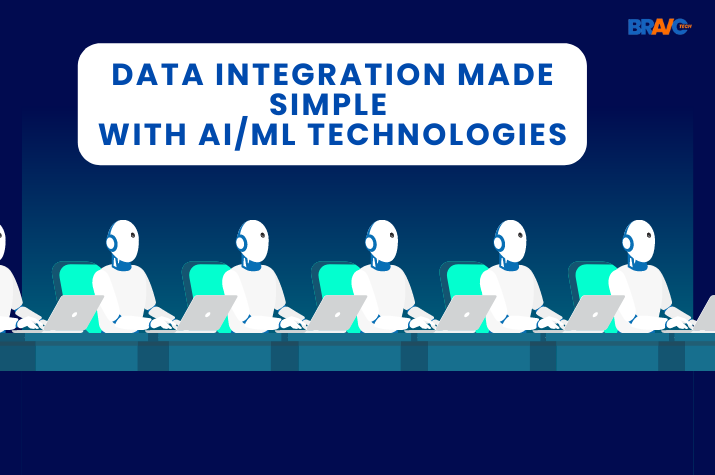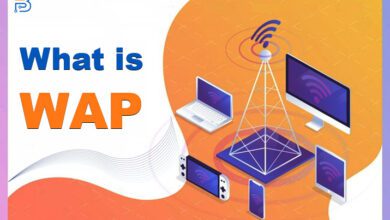Blockchain for Public Services- Benefits and Challenges

Blockchain for the public sector is the approach that opens the doors of transaction records for the public, delivering comfort. It also has become the easiest and most comfortable method for businesses to record their online transactions. Most businesses are utilizing this approach to make easy and secure online transactions, and now the public is also allowed. Further, blockchain technology has many benefits for the public to offer for their convenience, ease, and comfort. In this article, we will tell you the manifold benefits of blockchain for public service and some of its challenges.
What is Blockchain for Public Services?
Blockchain for public services is one of the most impactful applications of blockchain technology. It has the potential to boost delivery and improve management of public service sectors to provide convenient methods of payment. This application includes utilizing a decentralized and safe digital record-keeping centre that enhances the rationalized approach.
Benefits of Applying Blockchain for Public Services
Applying blockchain delivers both parties manifold advantages, like enhancing data security and privacy. Here, you will get to know some benefits of applying blockchain for public services:
- Enhancing Data Security and Privacy
- Restructuring Government Processes
- Increasing Transparency and Accountability
- Facilitating Secure Voting Systems
- Improving Public Record Keeping
- Enhancing Identity Verification
Enhancing Data Security and Privacy
Blockchain technology provides public sector services with security and privacy solutions that will be no questionable. This technology has abilities to encrypt and decentralize information during the sharing or storing stages to prevent your information. No data breaches and unauthorized access can face this and will be left empty-handed. This approach ensures that your information whether private or professional will be safe in blockchain technology’s hands.

Restructuring Government Processes
The government of any country is free to speed up and simplify the system processes and make them efficient. Governments are enabled to enter a business to tax filling or service require lists in an easy and simple way. This approach with efficiency ensures that you have saved time and energy while hustling to do some complex operations. Further, this approach makes your interactions easier and smoother with the government process and delivers an immersive experience of interaction.
Increasing Transparency and Accountability
Transparency and accountability are two main factors of blockchain technology because it focuses on them both. With the help of these factors, this technology enhances the traceability of any type of transaction and decision. Moreover, this approach helps you find out that the public resources and assets are being used securely and responsibly.
Facilitating Secure Voting Systems
The voting system will be the true resolution of blockchain technology because of its security solutions for voters. You will be ensured that your vote is cast accurately and effectively with the temper-proof solutions. Further, this approach will help the government reinforce true democracy in the country.
Improving Public Record-Keeping
Blockchain technology ensures accurate and accessible record-keeping in public service sectors. This approach makes it important for records such as legal and land documents safe and easily retrievable.
Enhancing Identity Verification
Identity is the main concern for the modern public due to identity theft. Blockchain technology has made your identity verification operations simple and secure. Moreover, this provides an added layer of security against identity theft and fraud and makes it simpler for you to access public services.
Challenges While Applying Blockchain for Public Services
Businesses and other sectors that are willing to apply a blockchain approach must know that it poses some challenges. These challenges need to be overcome in real time to implement the right approach for better outcomes. Further, that’s why we have compiled a list of potential challenges and their solutions to implement this approach efficiently.
- Disruptiveness
- Immutability
- Coding Vulnerabilities
- Scalability
- Data Storage
Disruptiveness
Disruptiveness is one of the significant challenges in applying blockchain technology for public sector services. The Integration of blockchain technology into public and government sector services can be a disruptive process. Moreover, the reason for this disruptiveness is because of its demands that hinder the implementation of blockchain. This technology demands new operational systems that require change in existing systems.
Immutability
However immutability is the potential of blockchain, but it is also a challenge to integrate it between public services. Consider a con blockchain when recorded an entered data then there is no way to alter or delete the data. The public is not in favor of this rigidity, which has become a potential challenge for integrating blockchain technology. Further, they tend to like flexibility in transactional data for some reasons, especially in administrative or legal contexts.
Coding Vulnerabilities
Coding vulnerabilities have become a major challenge for the government to implement blockchain for public service sectors. The reason behind this is blockchain technology is somehow not efficient in coding vulnerability when implemented in the public sector. However, the security of the blockchain is not questionable, but the coding flaws can be risky sometimes. That means regular updates and vigilance are vital to make the system safe and secure from cyber threats.
Scalability
Some blockchain technology-related networks struggle to maintain scalability, which hinders efficient performance. Scalability is one of the potent challenges because of vast and big networks based on users’ growth. In this way, scalability is a limit for applications of blockchain technology in large-scale public sector services operations.
Data Storage
Blockchain technology often faces some data storage limitations due to multiple data entries. You need to know that carrying or storing a huge amount of data in a blockchain technology network will be expensive. So, in the public sector, where data storage is often a requirement, it can be a considerable challenge.
Final Verdict
Blockchain for public sector services is going to revolutionize the way business and an ordinary person makes online transactions. The public is free to adopt this approach to make secure and easy digital transactions to live a tech-savvy lifestyle. However, this technology has manifold benefits for the public sector but poses some challenges that need to be overcome. By doing so, this technology is revolutionizing the way businesses and individuals make online transactions.






